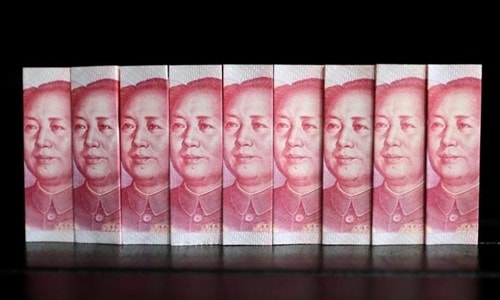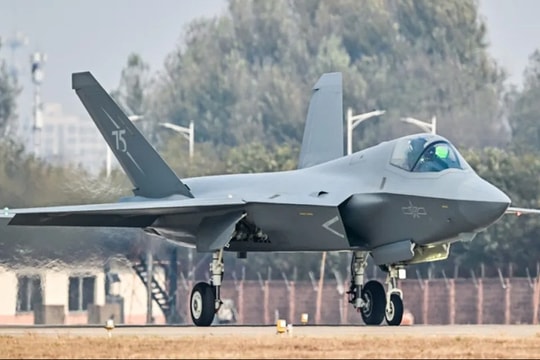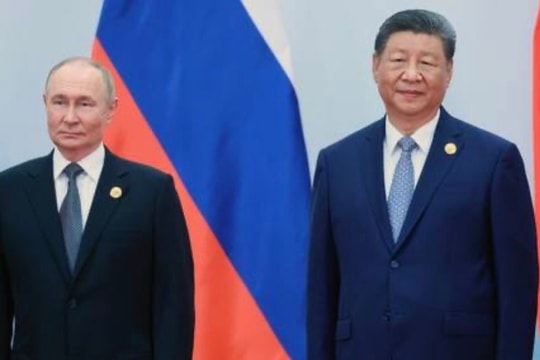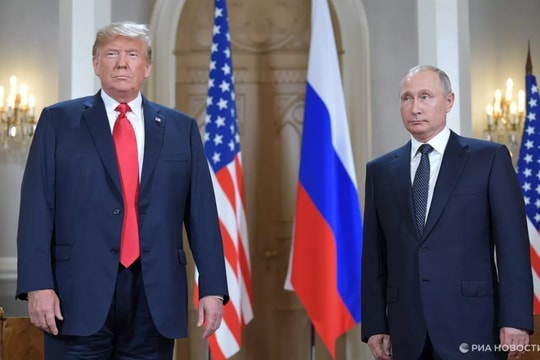China increases foreign exchange controls
The yuan's fall to an eight-year low against the dollar has prompted Chinese authorities to seek ways to stem capital outflows from the country, Reuters reported, citing a source familiar with the matter.
China’s State Administration of Foreign Exchange (SAFE) has begun monitoring overseas transfers of $5 million or more. It is also scrutinizing larger international deals, including those that have been previously approved, the people said.
The yuan and other emerging market currencies were sold off heavily after Donald Trump was elected president of the United States earlier this month. The yuan has lost nearly 6% of its value against the dollar since the start of the year. On November 24, the currency hit a more than eight-year low of 6.9235 yuan per dollar. Many investors are betting that it will continue to weaken.
“The new regulation will have a huge impact on foreign deals,” said Luke Zhang, a lawyer at Zhong Lun Law Firm, who said he expected the number of deals to drop “significantly.”
 |
The yuan has fallen 6% against the dollar this year. Photo: Reuters |
"Previously, only transactions of $50 million or more had to be reported to SAFE. But now the new threshold has been reduced to $5 million, including transactions in foreign currencies and RMB. All we can do is advise customers to be patient and inform them that the transactions are being reviewed by SAFE and may not be approved," a source said.
Even for deals that have been agreed in advance but have not yet been fully transferred, the remaining amount will be carefully checked if it exceeds 50 million USD. Because this is considered a "large amount of money".
The source said authorities informed banks of the new rules yesterday. However, the same day, the Chinese government announced that it would continue its strategy of encouraging overseas investment.
In the first nine months of the year, China's overseas investment deals reached $530.9 billion, surpassing the record for the whole year of 2015. Thomson Reuters said this helped China surpass the US to become the world's largest buyer of foreign companies.
To prevent the yuan from falling too quickly against the dollar, China has been selling off its foreign exchange reserves, interfering with market forecasts, and restricting money from flowing into foreign stocks. By the end of September, China’s foreign exchange reserves had fallen to $3.17 trillion, down from nearly $4 trillion in June 2014. Still, they are the world’s largest.
According to VNE
| RELATED NEWS |
|---|




.jpg)


